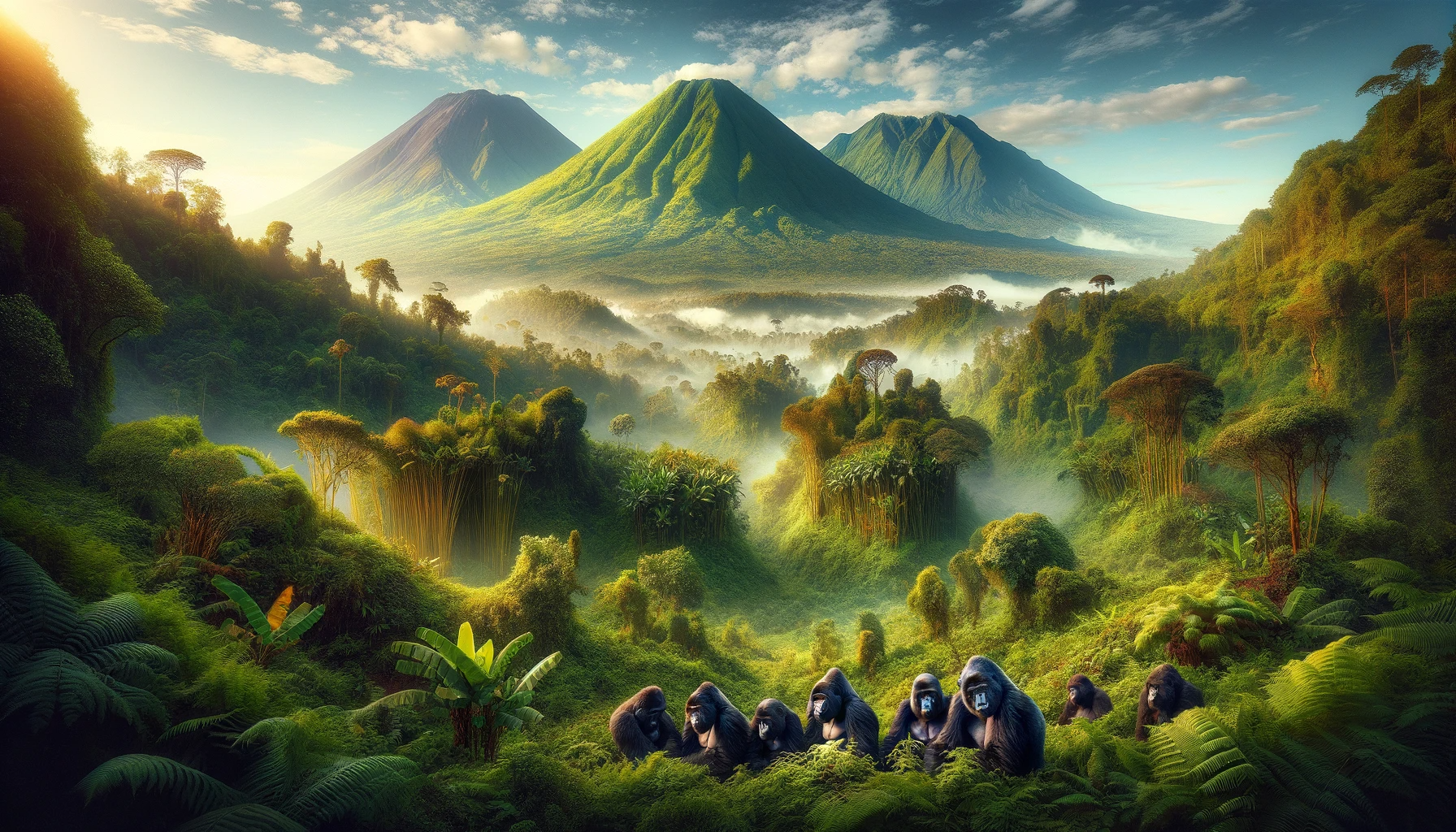Rwanda is a nation that has demonstrated remarkable resilience and transformation. It is a country with a complex history, vibrant culture, and a commitment to sustainable development and social cohesion.
List of National and Public Holidays Rwanda, Africa in the year 2025
- New Year’s Day is on Wednesday, 1st January 2025.
- New Year Holiday is on Thursday, 2nd January 2025.
- National Heroes’ Day is on Saturday, 1st February 2025.
- National Heroes’ Day Holiday is on Monday, 3rd February 2025.
- Eid al-Fitr is on Sunday, 30th March 2025.
- Eid al-Fitr Holiday is on Monday, 31st March 2025.
- Tutsi Genocide Memorial Day is on Monday, 7th April 2025.
- Good Friday is on Friday, 18th April 2025.
- Easter Monday is on Monday, 21st April 2025.
- Labour Day is on Thursday, 1st May 2025.
- Eid al-Adha is on Friday, 6th June 2025.
- Independence Day is on Tuesday, 1st July 2025.
- Liberation Day is on Friday, 4th July 2025.
- Umuganura is on Friday, 1st August 2025.
- Assumption Day is on Friday, 15th August 2025.
- Christmas Day is on Thursday, 25th December 2025.
- Boxing Day is on Friday, 26th December 2025.
List of National and Public Holidays Rwanda, Africa in the year 2024
- New Year’s Day: Monday, 1 January 2024
- New Year Holiday: Tuesday, 2 January 2024
- National Heroes Day: Thursday, 1 February 2024
- Good Friday: Friday, 29 March 2024
- Easter Monday: Monday, 1 April 2024
- Tutsi Genocide Memorial Day: Sunday, 7 April 2024 (Observed on Monday, 8 April 2024)
- Eid al-Fitr: Wednesday, 10 April 2024
- Labour Day: Wednesday, 1 May 2024
- Eid al-Adha: Sunday, 16 June 2024
- Eid al-Adha Holiday: Monday, 17 June 2024
- Independence Day: Monday, 1 July 2024
- Liberation Day: Thursday, 4 July 2024
- Umuganura: Friday, 2 August 2024
- Assumption Day: Thursday, 15 August 2024
- Christmas Day: Wednesday, 25 December 2024
- Boxing Day: Thursday, 26 December 2024

History
- Early History: Inhabited by Hutu, Tutsi, and Twa peoples for centuries, with a complex social and political structure.
- Colonial Era: Became part of German East Africa in the late 19th century, later a Belgian mandate after World War I.
- Independence: Gained independence from Belgium in 1962, followed by ethnic tensions and political strife.
- 1994 Genocide: Suffered a devastating genocide in 1994, resulting in the deaths of approximately 800,000 Tutsi and moderate Hutu.
Geography
- Location: A landlocked country in East-Central Africa, bordered by Uganda, Tanzania, Burundi, and the Democratic Republic of the Congo.
- “Land of a Thousand Hills”: Characterized by its mountainous terrain, with the Virunga mountain range in the northwest and Lake Kivu in the west.
- Climate: Generally temperate, with two rainy seasons and two dry seasons each year.
Culture
- Cultural Heritage: A rich cultural heritage that includes traditional music, dance, and art. The Intore dance is particularly famous.
- Languages: Kinyarwanda is the national language, with French, English, and Swahili also widely spoken.
- Cuisine: Rwandan cuisine is based on local staples like beans, potatoes, and plantains, often served with meat or fish.
Economy
- Post-Genocide Recovery: Remarkable economic recovery since the 1994 genocide, with emphasis on stability and growth.
- Key Sectors: Agriculture remains the backbone of the economy, with coffee and tea as major exports. Tourism, particularly gorilla trekking, is a significant revenue source.
- Vision 2020: A government plan focused on transforming Rwanda into a middle-income country through economic, social, and political development.
Politics
- Government Structure: A presidential republic with a multi-party system. The current president is Paul Kagame, known for his role in ending the genocide and leading the country’s recovery.
- Reconciliation Efforts: Notable for its efforts in national reconciliation, including the Gacaca court system to address genocide crimes.
Society
- Population: Predominantly young, with a population of around 12 million. Rwandan society is working to overcome the legacy of the genocide.
- Education and Healthcare: Significant improvements in education and healthcare, with a focus on universal access and quality.

Environment and Wildlife
- Conservation Efforts: Strong emphasis on environmental conservation, including the protection of endangered mountain gorillas in Volcanoes National Park.
- Sustainability: Rwanda is also known for its clean and green initiatives, including a ban on plastic bags.
Arts and Crafts
- Traditional Crafts: Include basket weaving, pottery, and woodworking. Rwandan artisans are known for their intricate designs and craftsmanship.
- Contemporary Art: A growing contemporary art scene is reflecting Rwanda’s history and modern aspirations.
Sports and Recreation
- Popular Sports: Football is the most popular sport, along with basketball and volleyball.
- Outdoor Activities: The country’s hills and national parks offer opportunities for hiking, mountain biking, and wildlife viewing.
International Relations
- Global Engagement: Active in regional and international affairs, particularly within the African Union and United Nations.
- Focus on Development: Rwanda seeks to position itself as a hub for innovation and development in Africa.
Challenges and Future Prospects
- Economic Diversification: Efforts to diversify the economy into sectors like information technology and services.
- Social Cohesion: Ongoing work to foster unity and national identity post-genocide.
- Global Integration: Aiming for greater integration into the global economy while maintaining its cultural identity.

